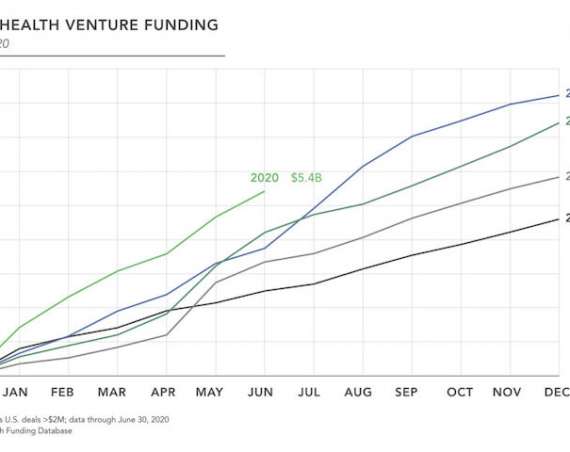
Deloitte has recently released its 2019 Global Health Care Consumer Survey. Overall the survey found that people are exhibiting traditional “consumer behaviors” when it comes to health care: They are willing to shop for deals, disagree with their doctor, and use technology to track and maintain their health.
Overview
The idea that increased consumerism will help change the health care system is not new, nor is it an idea unique to any one region. From North America to Asia to Europe, digital tools and other technologies are helping consumers take more control of their health, according to results of Deloitte’s recent global health care consumer survey.
Twenty years from now, we expect health care to be more consumer-centric. Consumers will likely have access to their own health data in an easy-to-use format and will use it to make decisions that help them improve or maintain their health.
Last autumn, Deloitte leaders shared their vision for the Future of Health in 2040—envisioning a world in which technology use accelerates, useful and actionable data flows easily, and the use of tools to maintain well-being will be widespread. This vision of well-being extends beyond physical health to include mental, social, emotional, and spiritual health.
Is this vision realistic? Will people start to act like consumers when it comes to health care? And which countries are in the vanguard of this trend?
The Deloitte 2019 global survey of health care consumers, combined with relevant findings from our 2018 US survey of health care consumers,shows meaningful percentages of people who exhibit traditional “consumer behaviors” when it comes to their health (see sidebar, “Inside the Deloitte surveys of US and global consumers”). The countries we incorporated in the 2019 survey include Australia, Canada, Denmark, Germany, the Netherlands, Singapore, and the United Kingdom. “Consumer behavior” encompasses several attitudes and actions that align with being informed, acting independently, and evaluating choices. Some aspects of this behavior that we captured in our survey include: being proactive about health and using preventive care, willingness to disagree with a clinician, willingness to change doctors or health plans if unsatisfied with care or customer service, using technology and digital tools to improve/maintain health, willingness to share data if properly incentivized, and using tools/ratings to find the best quality of care and customer service. These are not comprehensive, but, together, capture some of the important concepts.
For example:
Increasing use of technology and willingness to share data: A growing number of consumers are using technology for measuring fitness, ordering prescription drug refills, and monitoring their health. More than half of consumers (53 percent) in the United Kingdom—and 35 percent in Germany—measure their fitness levels and set health improvement goals. Many consumers are willing to share their health data in various scenarios.
Source: https://www2.deloitte.com/us/en/insights/industry/health-care/global-health-care-trends-survey.html
Interest in and use of virtual care: Consumers appear to be warming up to the idea of virtual health. More than half of those who have seen a care provider virtually report being satisfied and would likely have another virtual visit.
High levels of self-efficacy and prevention behaviors: People today seem more willing to tell their doctors when they disagree. This is especially true in the Netherlands and in the United States—where 58 percent of consumers said they were “very likely” or “extremely likely” to do this. In addition, one-third or more of consumers surveyed said they followed a healthy diet, exercised, and followed their doctor’s advice for health screenings and vaccinations (though these percentages varied by country).
Use of tools to make decisions about prescriptions and care: Consumers are interested in using tools to compare pricing and for user reviews. This tends to be highest in countries where consumers have more exposure to out-of-pocket spending. Nearly half of US consumers and 45 percent of consumers in Singapore are interested in these tools.
Interest in emerging technologies: Between 20 and 35 percent of people expressed interest in technologies leveraging robotics and artificial intelligence (AI) for health care, preventive care, monitoring, and caregiving.
The percentages do vary by country, reflecting the local health system, availability of various technologies, and attitudes. However, we found that countries were more alike rather than different—though they may be at different levels of maturity in consumerism.



